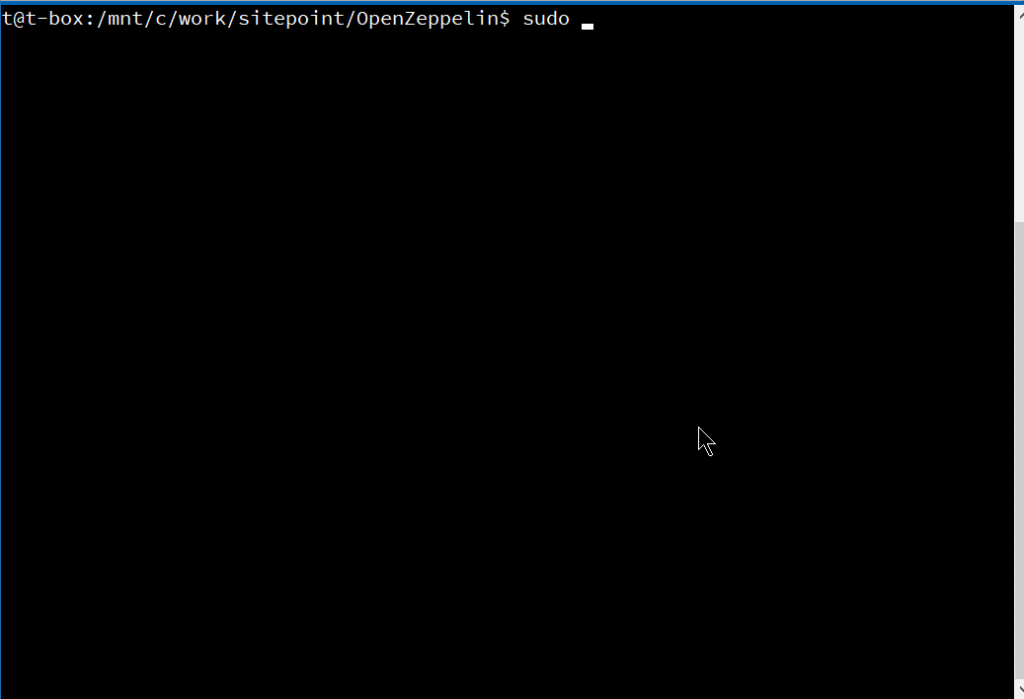Quality Solidity Code with OpenZeppelin and Friends
Original Source: https://www.sitepoint.com/solidity-openzeppelin/
Given the fact that all of Ethereum’s computations need to be reproduced on all the nodes in the network, Ethereum’s computing is inherently costly and inefficient. (In fact, Ethereum’s developer docs on GitHub state that we shouldn’t expect more computational power from Ethereum than we do from a 1999 phone.)
So, security on the Ethereum Virtual Machine — meaning, the security of smart contracts deployed on Ethereum blockchain — is of paramount importance. All the errors on it cost real money — whether it’s errors thrown by badly-written contracts, or hackers exploiting loopholes in contracts, like in the well-known DAO hack, which caused a community split and sprang the Ethereum Classic blockchain into existence.
Turing Completeness — and a whole range of other design decisions that have made Ethereum a lot more capable and sophisticated — have come at a cost. Ethereum’s richness has made it more vulnerable to errors and hackers.
To add to the problem, smart contracts deployed on Ethereum cannot be modified. The blockchain is an immutable data structure.
This and this article go into more depth regarding security of smart contracts, and the ecosystem of tools and libraries to help us to make our smart contracts secure.
Let’s look at some amazing upgrades to our toolset we can use today to utilize the best practices the Solidity environment can offer.
Helper Tools
One of the coolest tools in the toolset of an Ethereum developer is OpenZeppelin’s library. It’s a framework consisting of many Solidity code patterns and smart contract modules, written in a secure way. The authors are Solidity auditors and consultants themselves, and you can read about a third-party audit of these modules here. Manuel Araoz from Zeppelin Solutions, an Argentinian company behind OpenZeppelin, outlines the main Solidity security patterns and considerations.
OpenZeppelin is establishing itself as an industry standard for reusable and secure open source (MIT) base of Solidity code, which can easily be deployed using Truffle. It consists of smart contracts which, once installed via npm, can be easily imported and used in our contracts.

The Truffle Framework published a tutorial for using OpenZeppelin with Truffle and Ganache.
These contracts are meant to be imported and their methods are meant to be overridden, as needed. The files shouldn’t be modified in themselves.
ICO patterns
OpenZeppelin’s library contains a set of contracts for publishing tokens on the Ethereum platform — for ERC20 tokens, including a BasicToken contract, BurnableToken, CappedToken. This is a mintable token with a fixed cap, MintableToken, PausableToken, with which token transfers can be paused. Then there is TokenVesting, a contract that can release its token balance gradually like a typical vesting scheme, with a cliff and vesting period, and more.
There’s also set of contracts for ERC721 tokens — or non-fungible, unique tokens of the CryptoKitties type.
ERC827 tokens contracts, standard for sending data along with transacted tokens, are also included.
There’s also a set of crowdsale contracts — contracts for conducting Initial Coin Offerings. These can log purchases, deliver/emit tokens to buyers, forward ETH funds. There are functions for validating and processing token purchases.
The FinalizableCrowdsale contract provides for execting some logic post-sale. PostDeliveryCrowdsale allows freezing of withdrawals until the end of the crowdsale. RefundableCrowdsale is an extension of the Crowdsale contract that adds a funding goal, and the possibility of users getting a refund if the goal is not met.
Destructible contracts can be destroyed by the owner, and have all the funds sent to the owner. There are also contracts for implementing pausability to child contracts.
OpenZeppelin provides many helpers and utilities for conducting ICOs — like a contract which enables recovery of ERC20 tokens mistakenly sent to an ICO address instead of ETH. A heritable contract provides for transferring of ownership to another owner under certain circumstances. The Ownable contract has an owner address, and provides basic authorization/permissions and transferring of ownership.
The RBAC contract provides utilities for role-based access control. We can assign different roles to different addresses, with an unlimited number of roles.
Zeppelin also provides a sample crowdsale starter Truffle project which hasn’t been audited yet, so it’s best used as an introduction to using OpenZeppelin. It makes it easy to start off with a crowdsale and a token fast.
The post Quality Solidity Code with OpenZeppelin and Friends appeared first on SitePoint.



Leave a Reply
Want to join the discussion?Feel free to contribute!